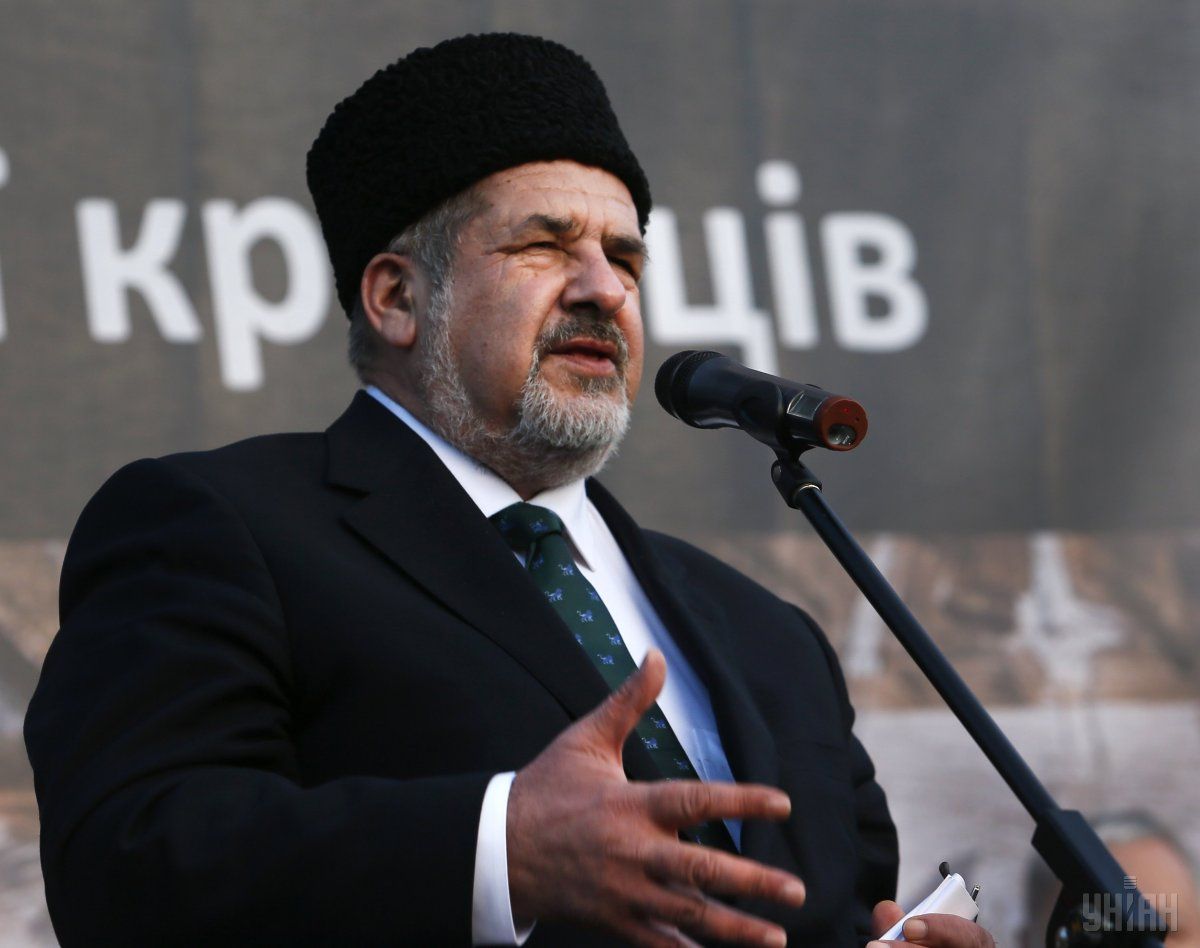
"Our official comment will come next week, but I want to say that much of the conclusions do not show the situation that prevails in Crimea," Chubarov said, according to an UNIAN correspondent.
He noted that the report should be an internal document of the Council of Europe, but it was made public anyway.
"There is no report of the Council of Europe, there is a Stoudmann report [Ambassador Gerard Stoudmann (Switzerland)], which has the status of an internal document. It was submitted to the Council of Ministers of the Council of Europe and published on its website. This report is highly controversial from our point of view. Neither the Russian side, nor the Ukrainian side liked it. And especially the Mejlis of the Crimean Tatar people didn’t like it,” Chubarov said.
Read alsoOSCE: Free expression, freedom of media remain under threat in CrimeaAccording to the head of the Mejlis, the Ukrainian side believed that this report will be an internal paper, not for distribution, which would still be taken into account by the Council of Europe.
"But since the report became public, I suggested that the Foreign Ministry called on the entire public sector, especially civil society organizations dealing with internally displaced persons, human rights in Crimea to review their reports and the report of Mr Stoudmann. Let them also make their reports public," said Chubarov.
He also believes that Stoudmann "failed to maintain complete objectivity."
Read alsoMejlis banned"There are certain blocks, where I absolutely agree with him. For example, he names the threats that may arise if the Mejlis is banned. At the same time, Stoudmann concludes that the repressions in Crimea are not systemic in nature against the Crimean Tatar people, but carried out in relation to those people who are the opponents of the existing government. He forgets that the Crimea has no existing government, there are occupation forces in Crimea,” said Chubarov.
Read alsoRussia wants Crimea referendum denial to be equalized with extremismAs UNIAN reported earlier, the report on the state of human rights in Crimea, which was presented at the meeting of the Committee of Ministers of the Council of Europe in Strasbourg on April 13 stressed the need to re-open Crimea to regular monitoring to safeguard the human rights of 2.5 million people
The speaker was Ambassador Gerard Stoudmann (Switzerland), who was in Crimea on a seven-day visit on behalf of the Secretary General of the Council of Europe Thorbjorn Jagland.

